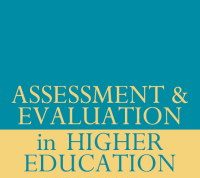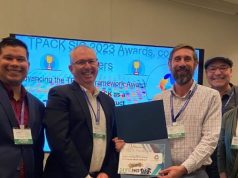LNM members Michael Henderson and Phill Dawson have written a chapter on the potential of scaling up assessment for learning through the use of technology designs.
This chapter brings recent critical thought from the field of educational technology to bear on the challenge of scaling up Assessment for Learning (AfL). Three different types of ‘scaling up’ are presented, illustrated through three different ‘technology-enhanced’ AfL approaches. Recent advances in providing feedback through audio, video and screencast technologies are used to explore ‘doing more with less’ as a form of scaling up. Technology enables providing more and richer feedback information while requiring less staff time – but it remains unclear if this results in better learning or just better student experience. Technology’s ability to scale up our thinking from individual tasks up to programme level matters is explored through portfolios and curriculum mapping tools. Although these tools provide affordances for programmatic thinking, implementing these thoughts in the complex social environment of higher education presents its own challenges. Finally, scaling up AfL to serve large cohorts without linearly scaling up resources like teacher time is explored through Massive Open Online Courses (MOOCs). However, given the low completion rates in MOOCs, we question if access to AfL is the same as real AfL opportunity. The chapter concludes with implications for scaling up AfL that have been synthesized from these illustrative examples.
Dawson, P., & Henderson, M. (2017) How Does Technology Enable Scaling Up Assessment for Learning? In D. Carless, S.M. Bridges, C.K.Y. Chan, & R. Glofcheski (Eds.), Scaling up Assessment for Learning in Higher Education. Singapore: Springer.







